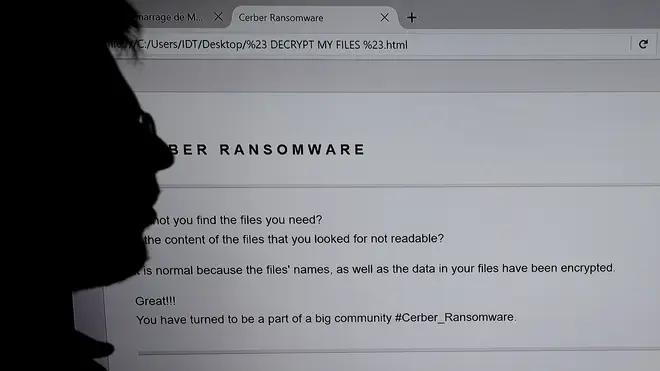
Matthew Wright 7am - 10am
16 April 2018, 08:59 | Updated: 20 April 2018, 10:27
Senior MPs have warned that Russia could take revenge for Britain's air strikes in Syria by launching a series of hacking attacks. An expert tells LBC what we can expect.
Boris Johnson warned that Britain needs to take “very possible precaution” to protect ourselves from possible Russian cyber attacks.
Brian Lord, Managing Director of Cyber Security Company PGI, spoke to Nick Ferrari about what they might do.
Ransomware
We might see another example of ransomware like Notpetya and Wannacry, which were attempts to disable some of our large commercial entities.
The main impact of these attacks is not the technical effect, it is the public and media reaction into a confused environment, which can cause a disproportionate reaction and itself start causing disability of public services.
Almost 7,000 NHS appointments had to be cancelled when NHS computers were infected with Wannacry, which locked the PC until a Bitcoin ransom was paid.
Fake News
There was a 2,000% increase in the number of Russian trolls spreading Kremlin propaganda in the hours after the air strikes.
They will be spreading misinformation around Russia's role in the Salisbury incident and the nature of their relationship with the Assad regime.
They will be looking for information on key American individuals which they can proliferate across social media and cause embarrassment for the individuals concerned.
That will cause a distraction and take attention away from the key issues with Russia.

Tamper with key infrastructure
We have already seen Russia playing with the electricity supply in the Ukraine to develop their capabilities there.
They have the ability to affect our gas or electricity supply.
Target Public Information Boards
One other area mentioned is the potential to turn off all railway information boards. This would be a non-dangerous form of attack that would cause severe disruption to the public.

